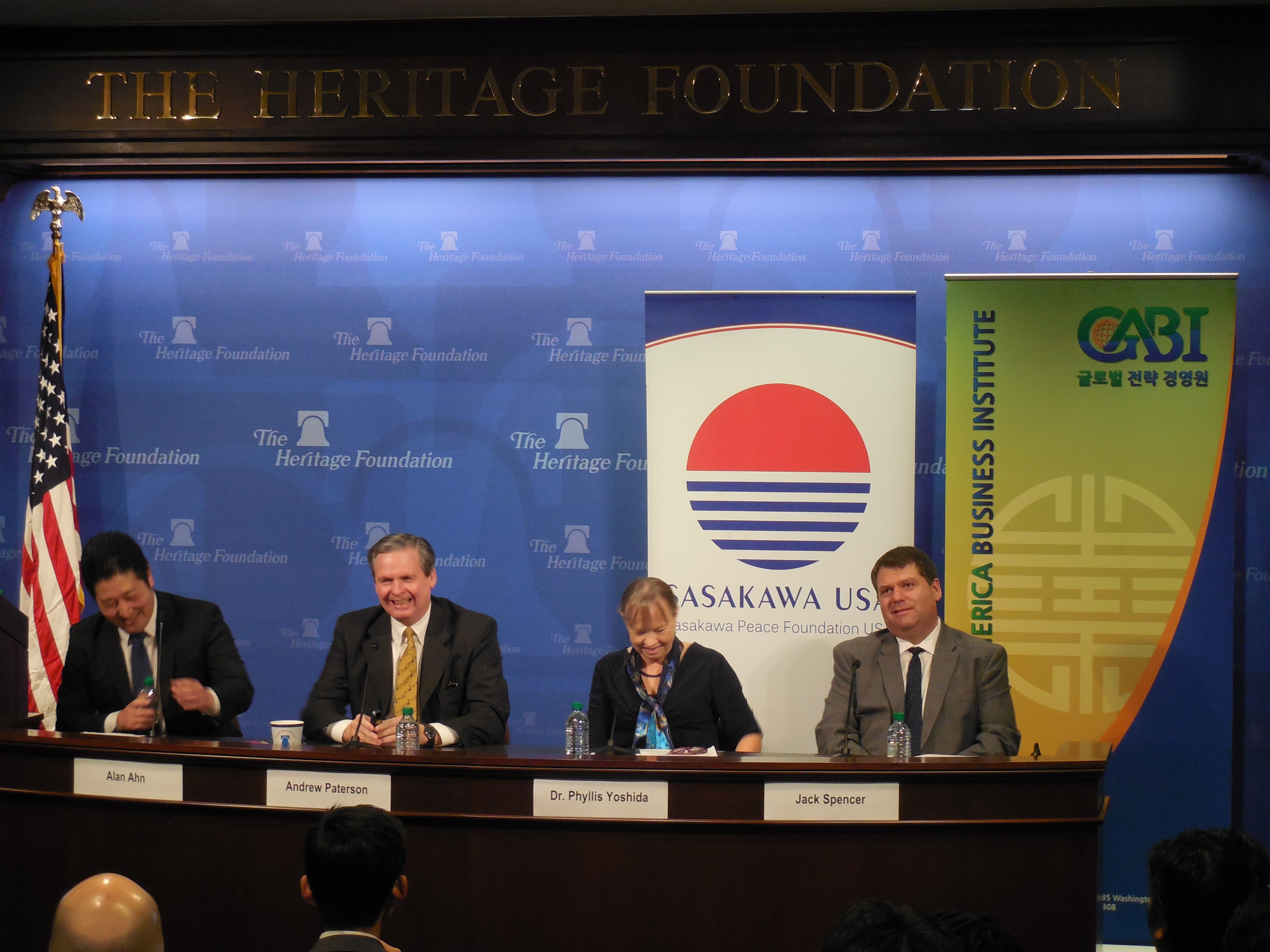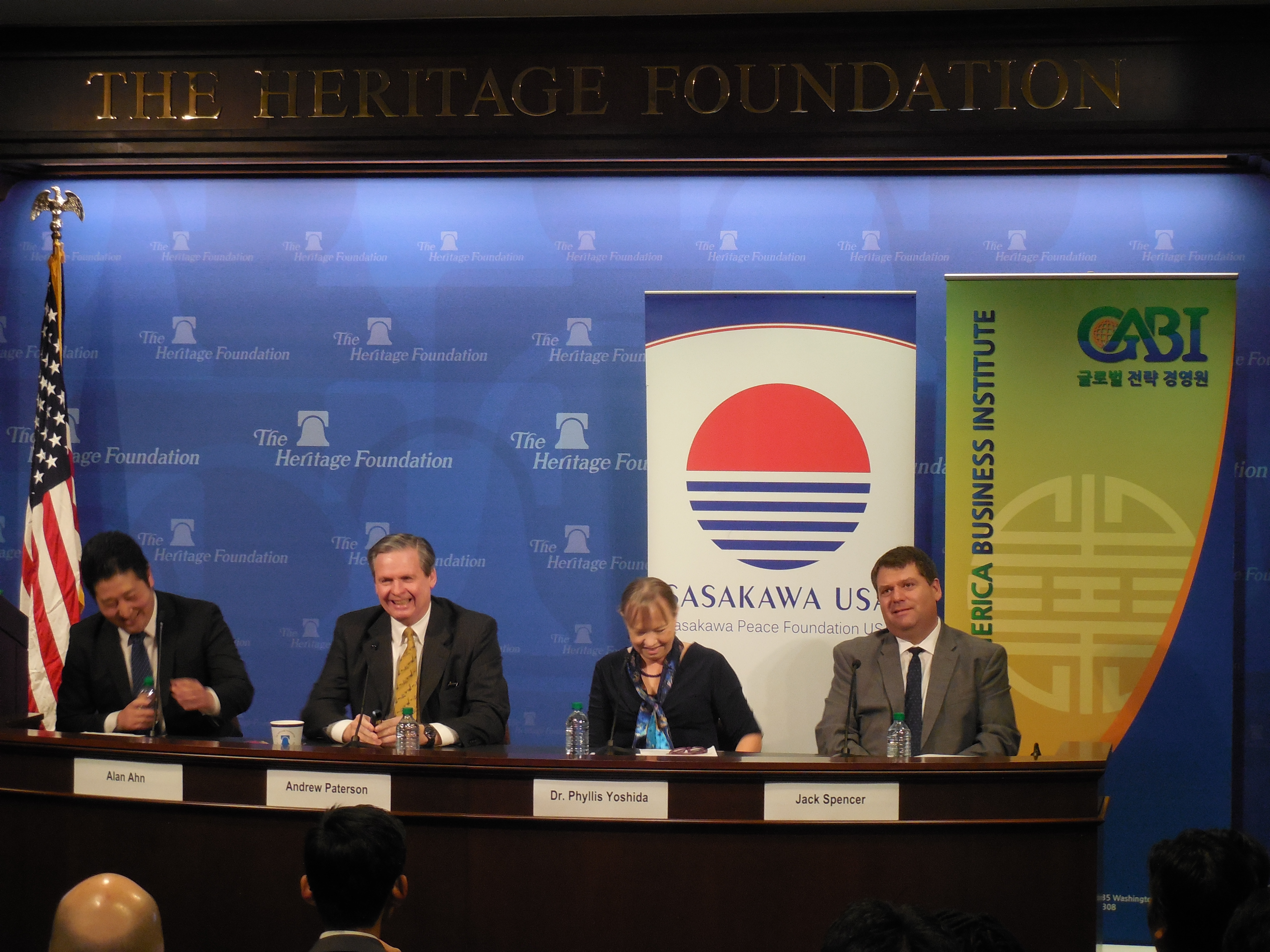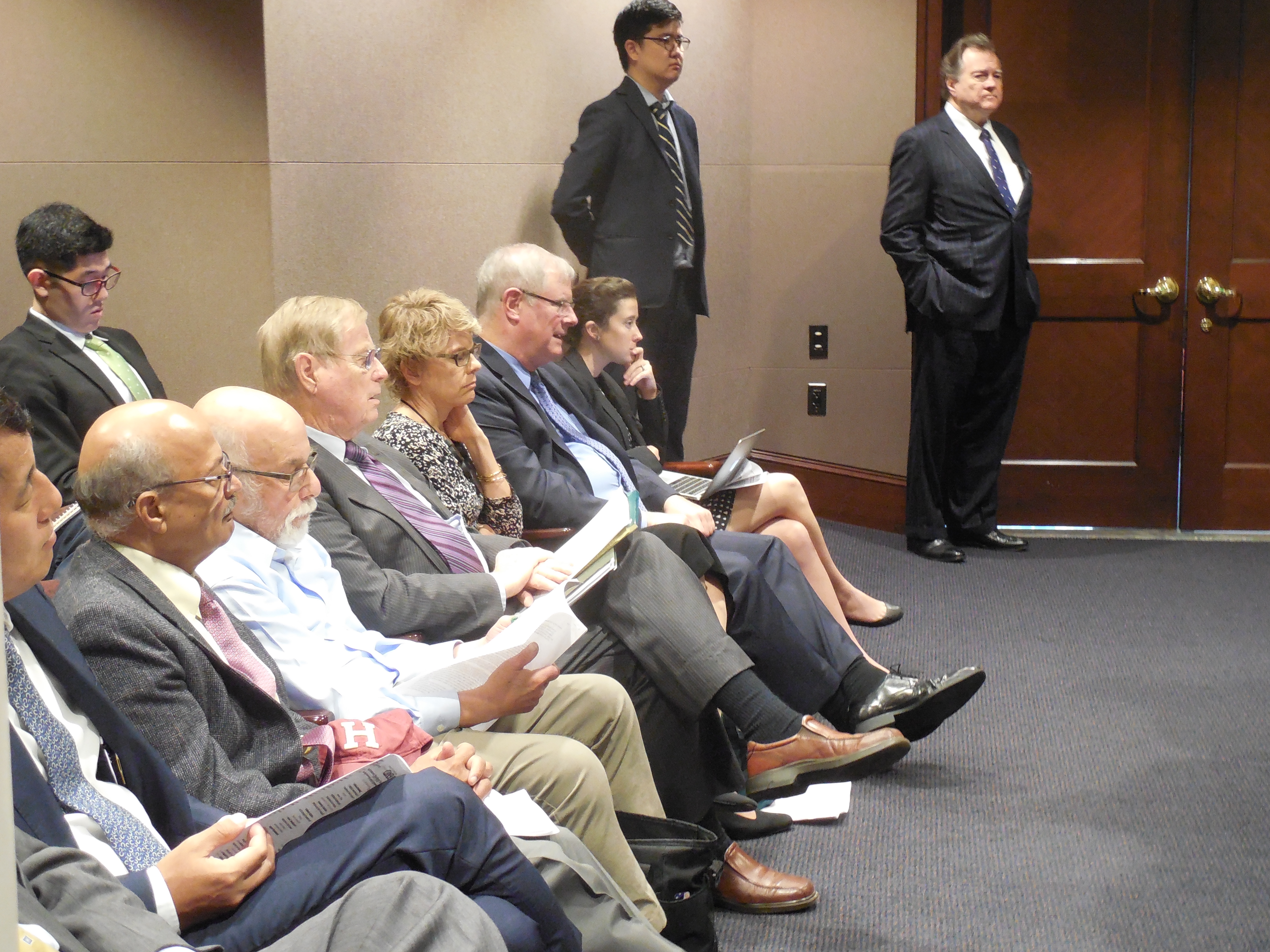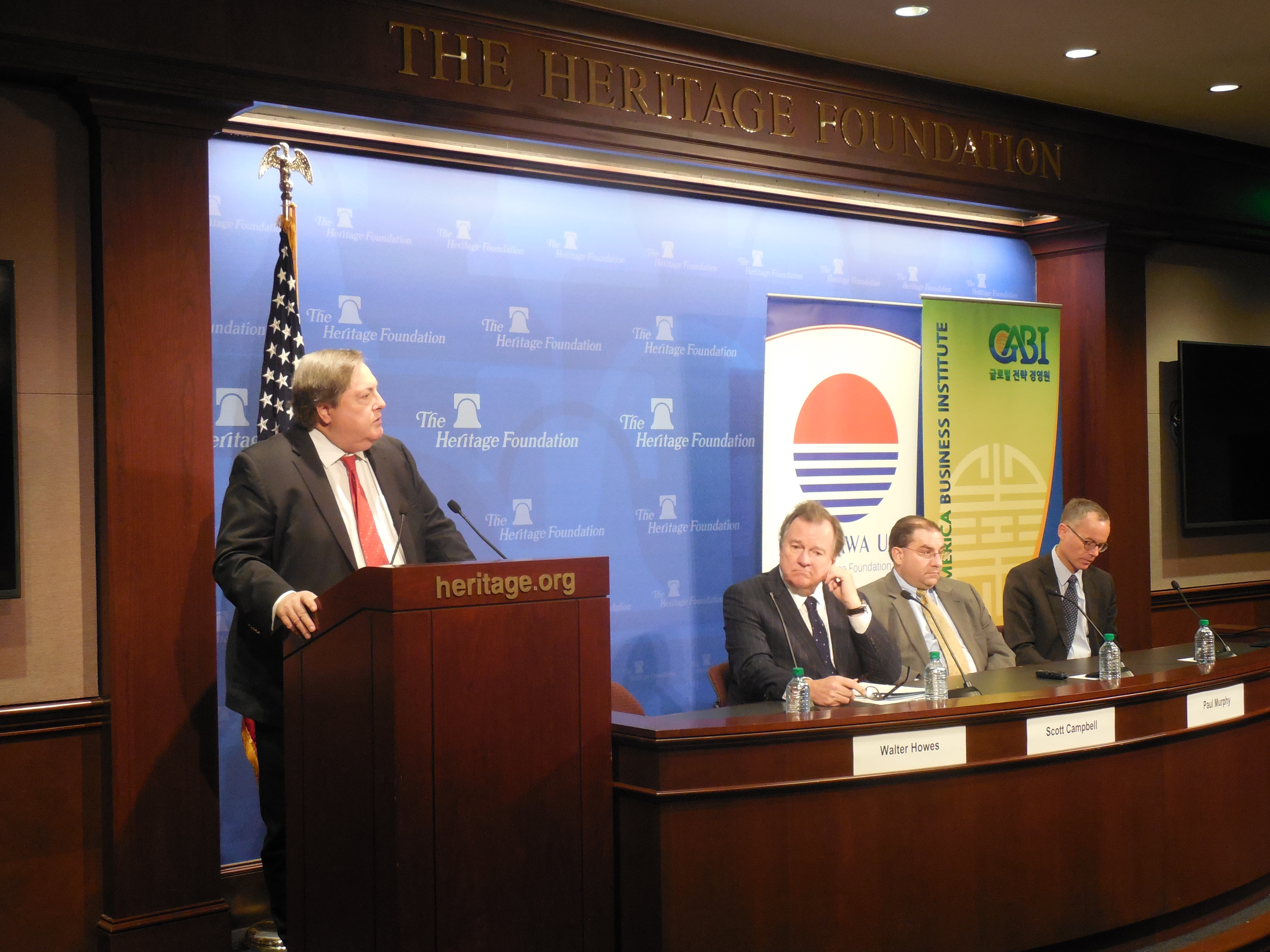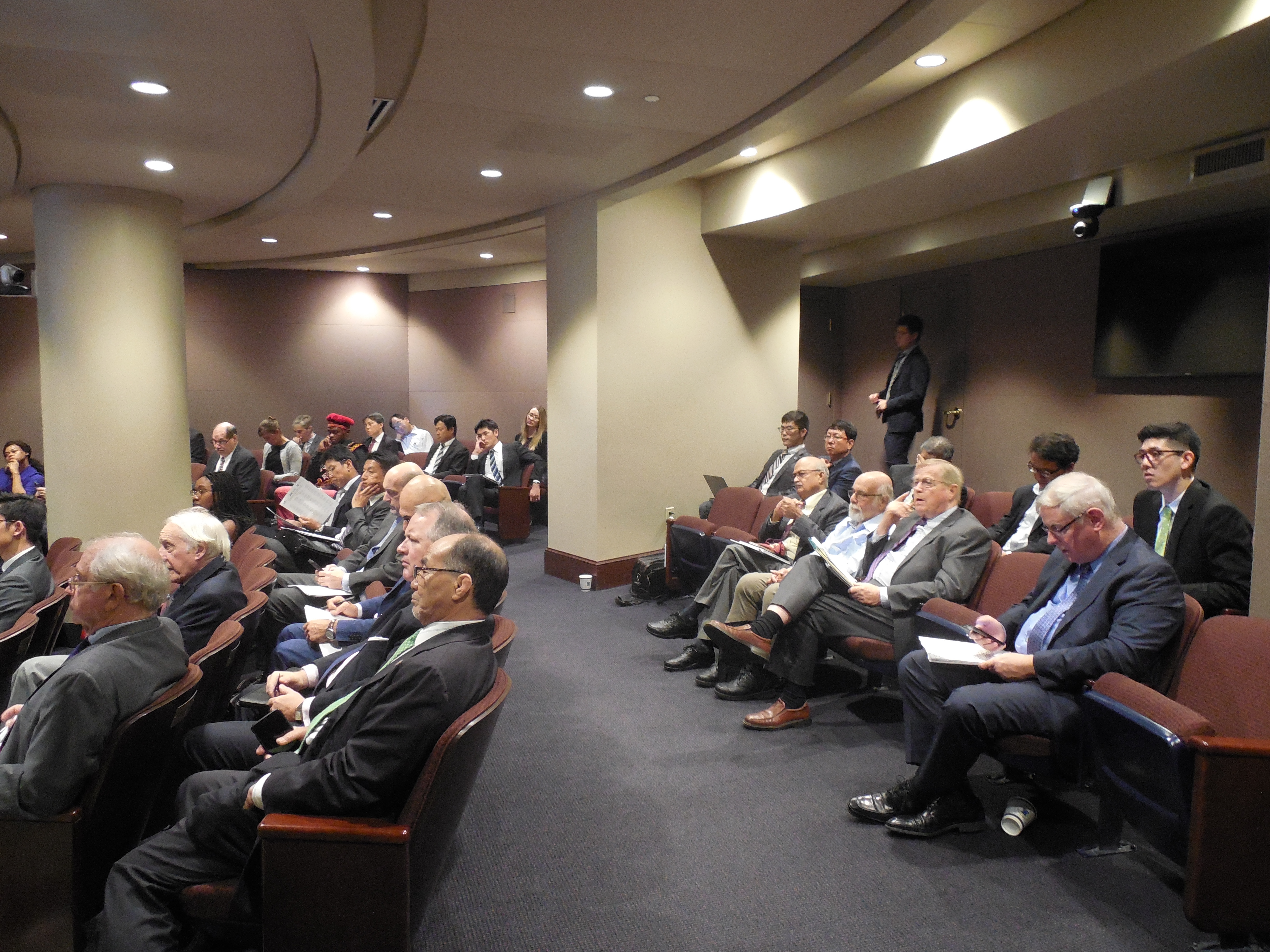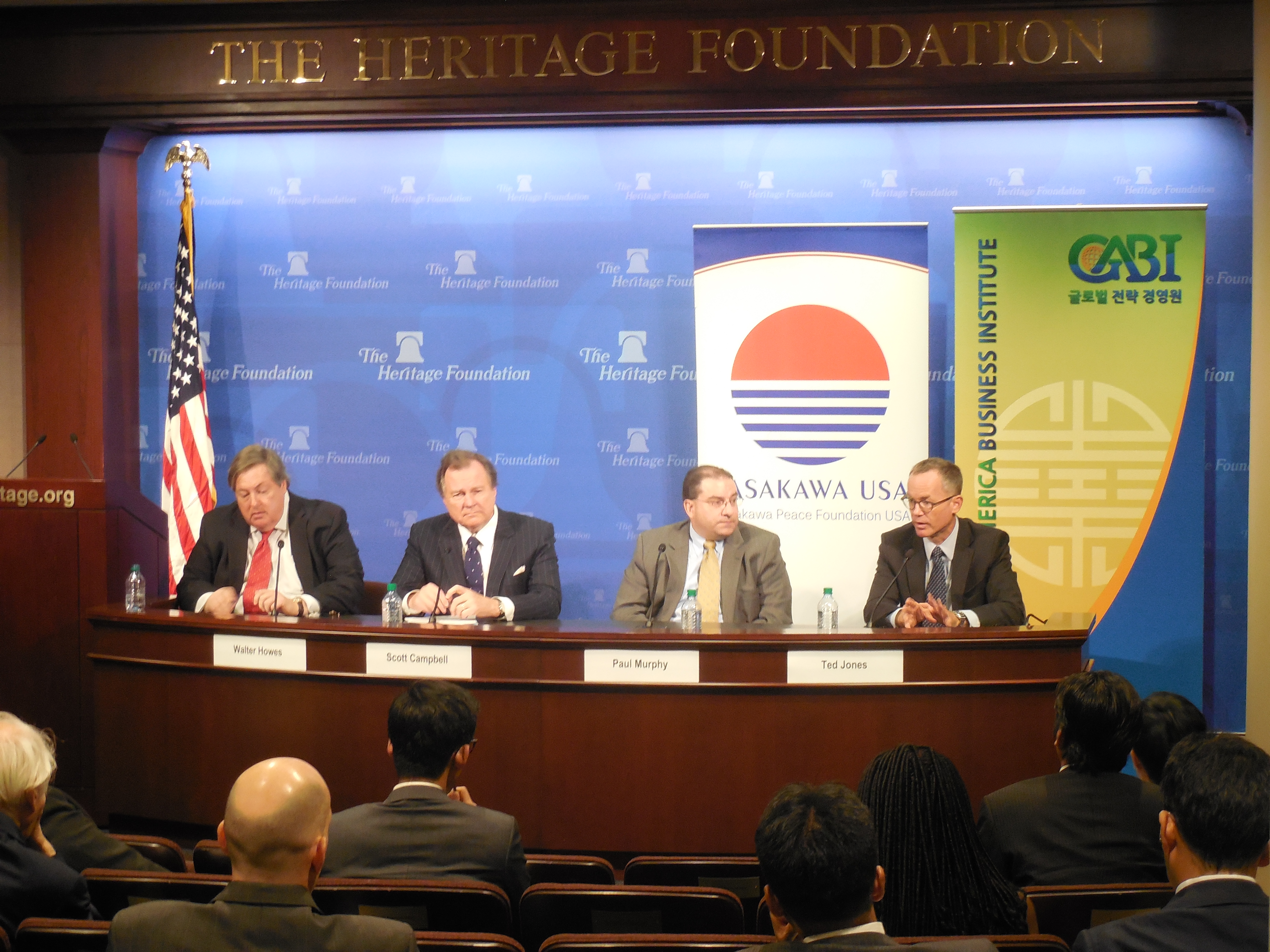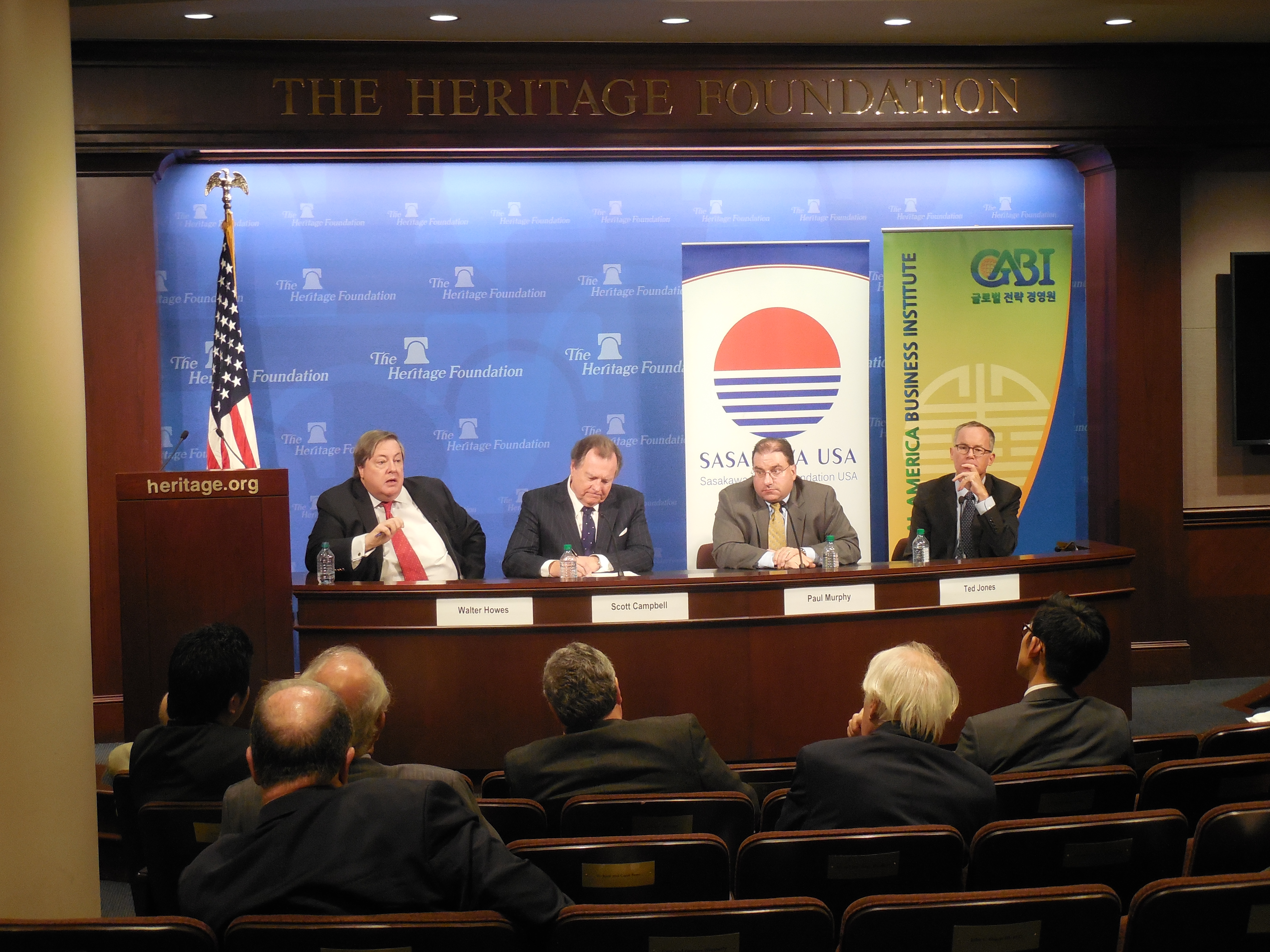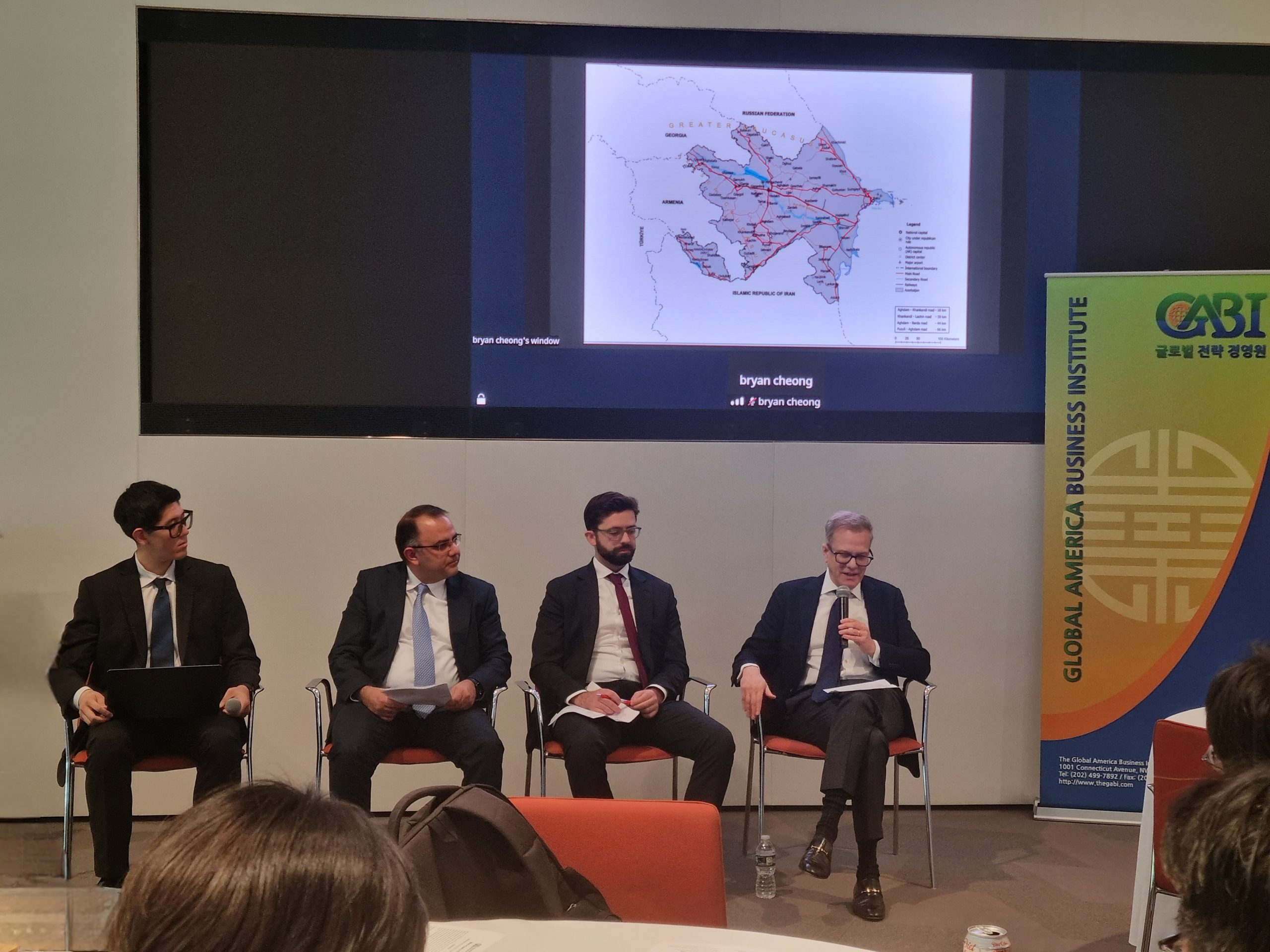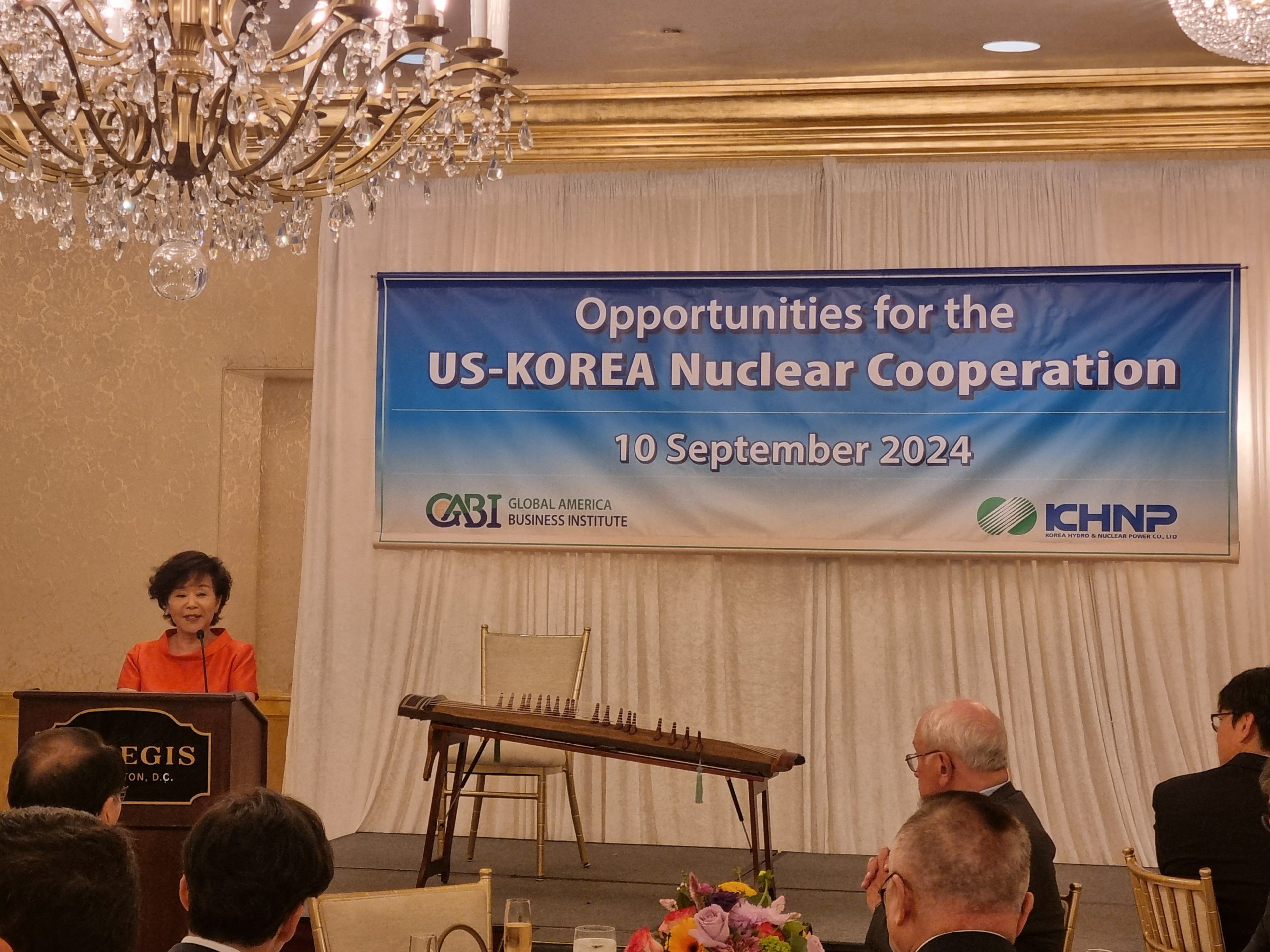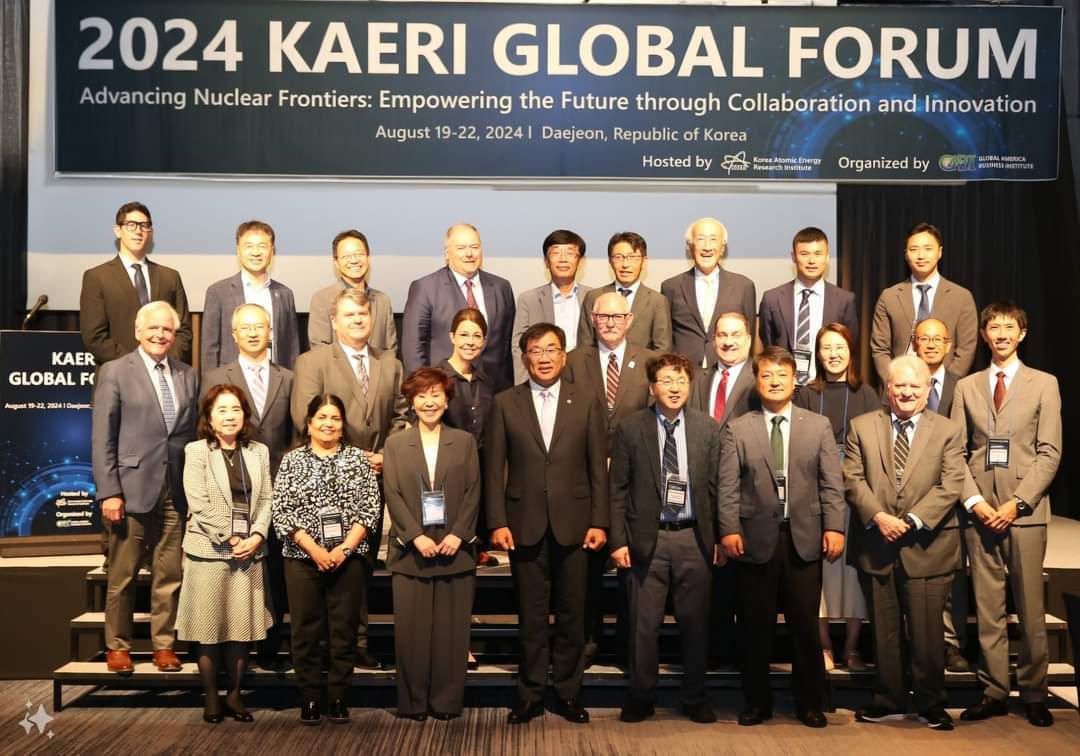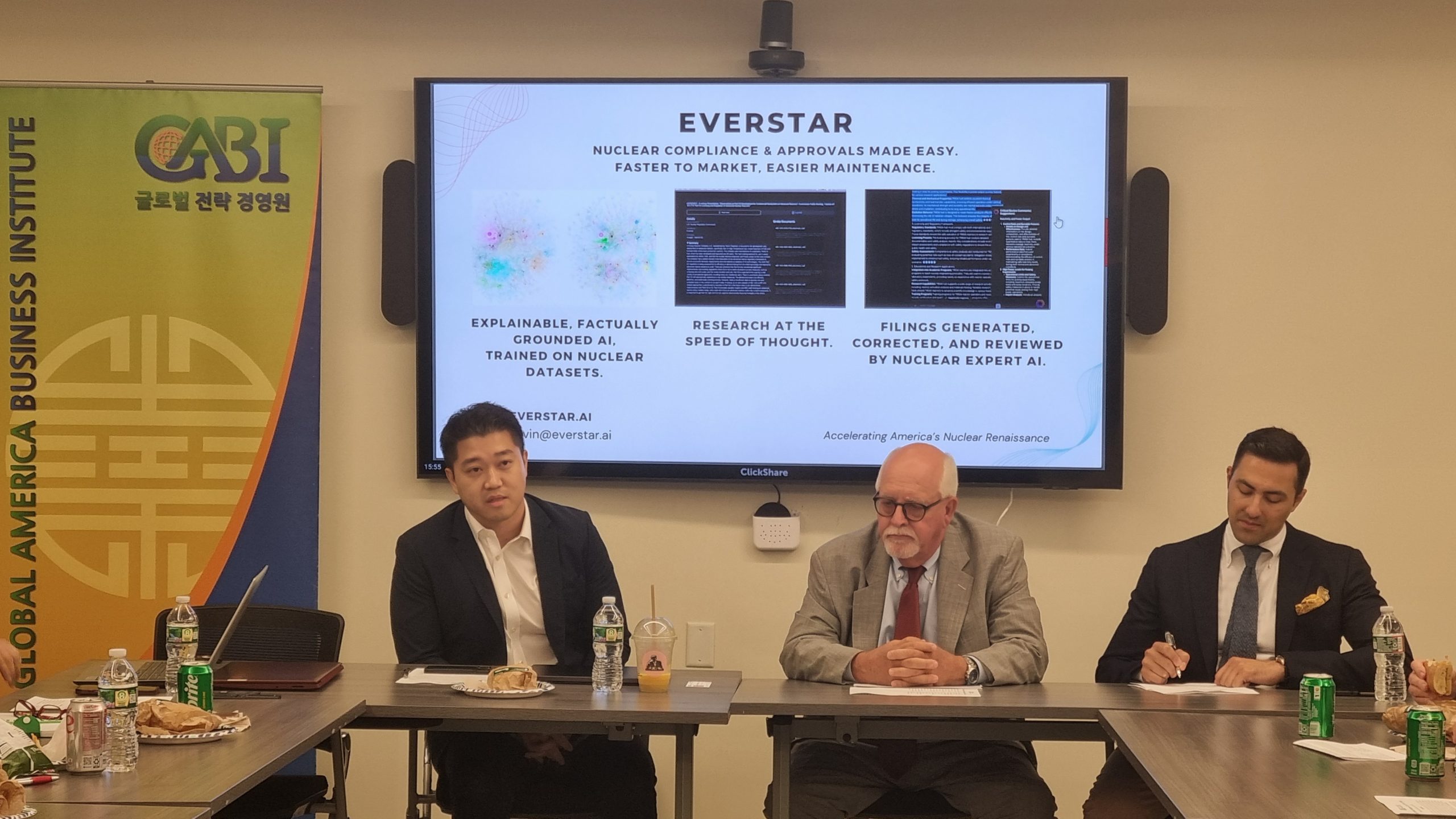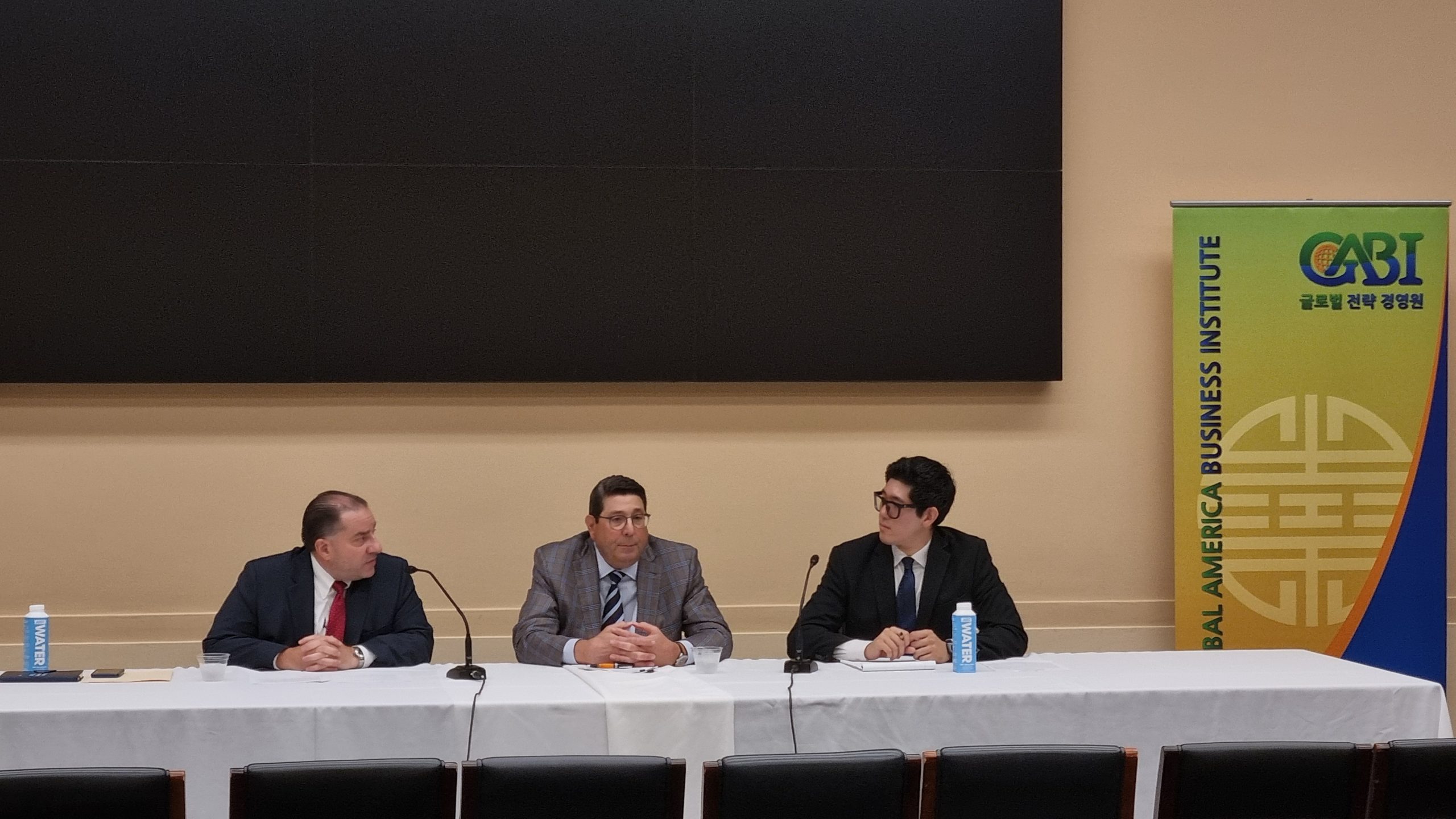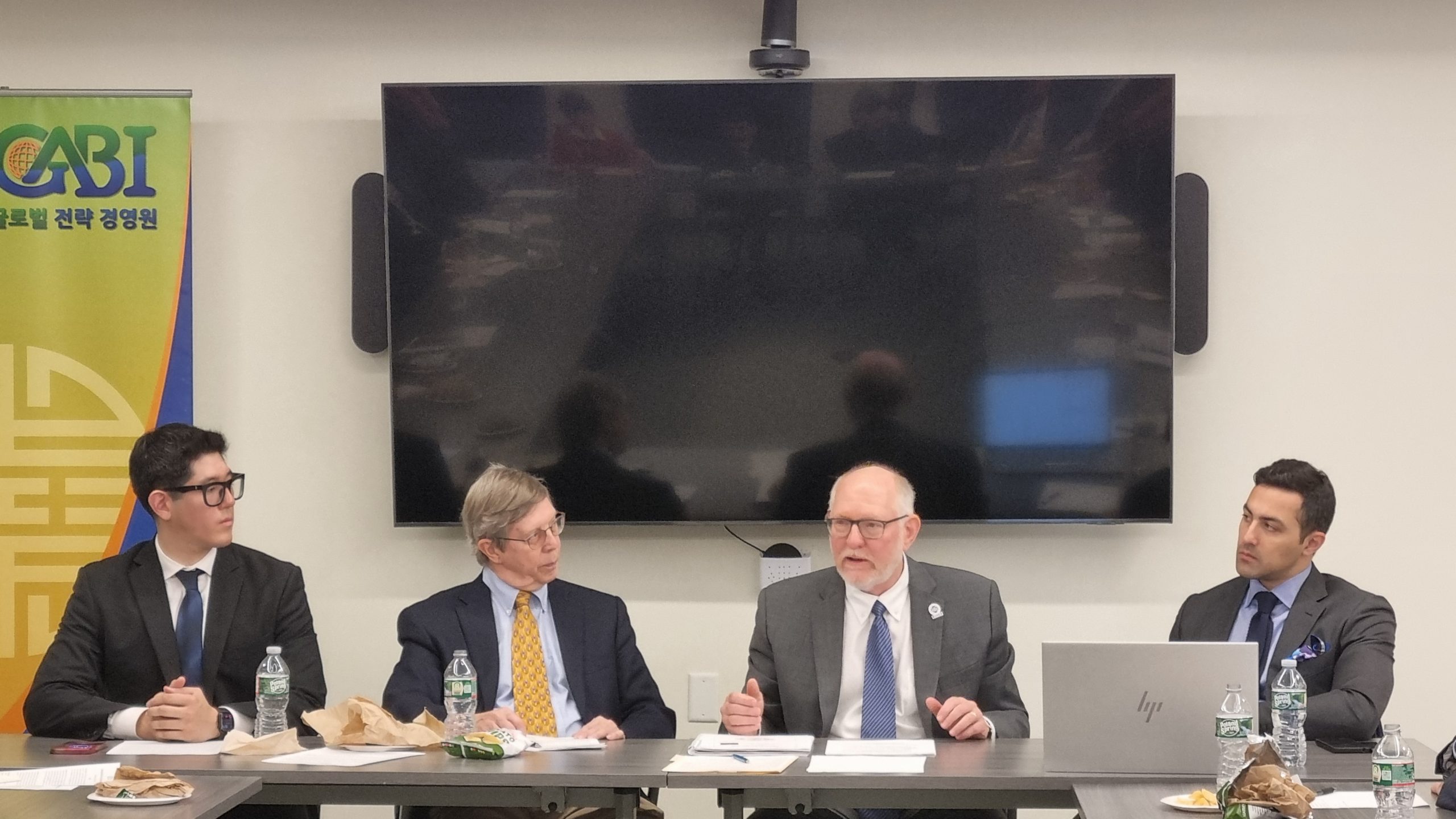The nuclear industries of countries guided by democratic and free market principles are facing various market and government imposed challenges, including escalating regulatory burdens, rising construction costs, adverse domestic power markets, and atrophying supply chains. Perhaps most worrisome, however, is the threat posed by state-owned, vertically-integrated vendors in Russia and China. Not only do governments actively support these companies but the motivation behind that support is often more strategic than economic–the result is deep market distortions that render these nuclear industries immune from, at least in the short term, the financial considerations by which the rest of the world is bounded. Thus, competing with those countries’ industries is nearly impossible for any market based commercial nuclear enterprise. Ceding the decades-long political and economic relationships that come with commercial nuclear exports by virtue of uncompetitive practices wastes major economic, political, and other opportunities for the United States, its friends and allies, and their collective industries. Given these circumstances, nuclear suppliers in the U.S., France, Japan, and South Korea must be innovative in their approach to competition and one possible avenue is through enhanced multinational partnerships.

